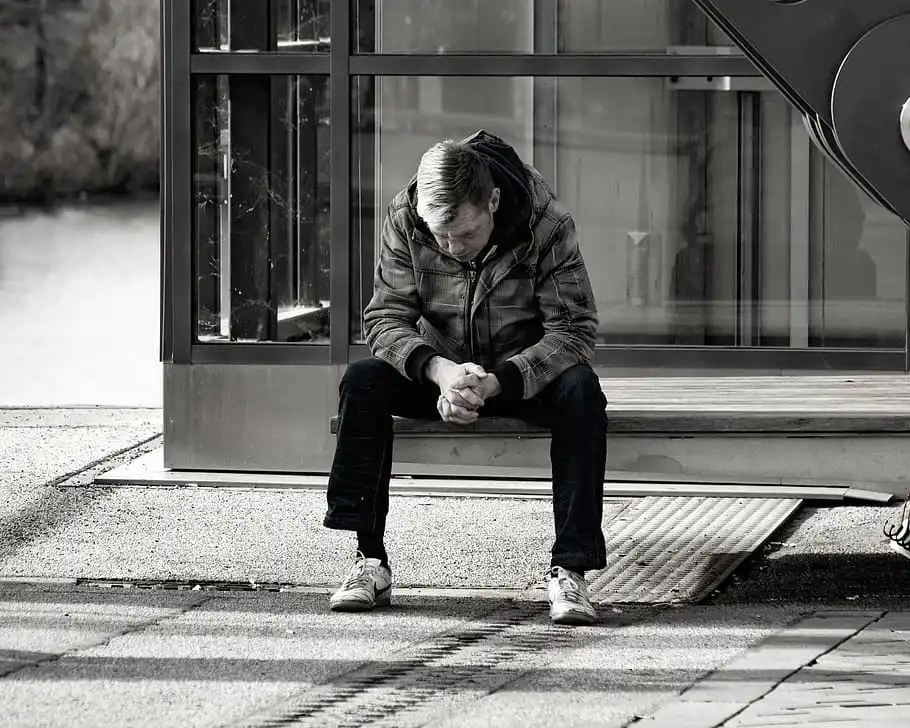Does CBD help with depression?

Sally Asked
Does CBD work well for depression?
Summary

Answer
Hi Sally and thank you for your question. Since the Farm Bill was passed in 2018, CBD has become quite popular, being marketed for everything from joint and muscle pain, to insomnia, and anxiety. If you’re wondering how CBD might affect depression, early research shows promising results. However, there’s still quite a lot of scientific work that needs to be done before we can conclude definitively that CBD helps treat depression.
What is CBD?
CBD, or cannabidiol, is a non intoxicating cannabinoid found in hemp and cannabis. While tetrahydrocannabinol (THC) is responsible for the “high” that many cannabis users seek, CBD’s effects are much more subtle. People often report feelings of relaxation and general well being associated with CBD. Preliminary research suggests CBD may hold therapeutic potential for the following conditions:
- Cancer
- Chronic pain
- Epilepsy
- Parkinson’s disease
- Alzheimer’s disease
- Crohn’s disease
- Acne
- Anxiety disorders
- Addiction
- Schizophrenia
- Insomnia
CBD for Depression
Preliminary research has shown that the use of CBD for treating symptoms of depression may be effective. However, this research was done using animal models, so further research is needed to see if the same effect is observed in humans. A 2018 study that analyzed medical cannabis patients found that cannabis with low levels of THC and high levels of CBD appeared to be effective for symptoms of depression. This study also found that cannabis use could potentially worsen symptoms of depression over time. Because this study focused on cannabis rather than isolated CBD, the results should be interpreted with a good measure of discernment. Overall, the data supporting CBD for the treatment of depression is pretty weak. So although some research shows promising results, it is probably best to wait until more research is done.
Is CBD safe?
CBD is generally considered safe for most users. Possible side effects may include dry mouth, drowsiness, and lightheadedness. If you are pregnant or breastfeeding, have liver disease, or if you’re taking certain medications you should avoid using CBD. As always, check with your pharmacist or healthcare provider before starting any new medication, supplement, or natural product like CBD.
Is CBD addictive?
CBD does not appear to be an addictive substance. It does not produce euphoria or a “high,” like THC does. The World Health Organization released a report claiming there is no evidence to show that CBD causes dependence or misuse. CBD products may contain varying amounts of THC, which is addictive, so make sure to purchase your CBD from a qualified source.
Should I take CBD for my depression?
If you’re looking for a non-pharmaceutical intervention for treating depression, CBD may be a good option to try, but again the evidence supporting CBD’s effectiveness for depression is rather weak. Check with a psychiatrist or other healthcare provider to see if it’s right for you, and to confirm that it’s OK to take with whatever medications you’re already on. It’s possible that CBD may have negative interactions with some drugs.
What is the best way to take CBD?
CBD comes in a variety of dosage forms. For example,
- Oil for sublingual use (tinctures)
- Oil for vaporization
- Creams, Balms, and ointments
- Capsules, tablets, and edibles
- Patches
Oils and capsules are the most commonly used forms of CBD. Topicals, like creams and balms, are typically used in local applications for aches and pains, while oils and capsules are used for more systemic applications, such as for general relaxation. Speak with your medical provider if you’re wondering which form is best for you.
If you’re suffering from depression and are looking into using CBD, hopefully this has been a helpful resource in your decision. Feel free to reach out to us at any time with further questions.
- Cannabidiol: A Potential New Alternative for the Treatment of Anxiety, Depression, and Psychotic Disorders PubMed.
- Effects of Chronic Cannabidiol Treatment in the Rat Chronic Unpredictable Mild Stress Model of Depression link.
- A naturalistic examination of the perceived effects of cannabis on negative affect link.




